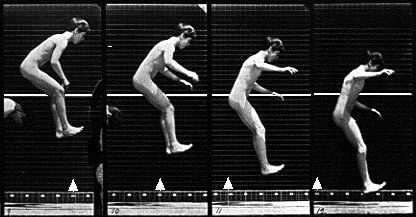
Fashioning the Body: Versions of the Citizen, the Self, and the Subject
The Evergreen State College | Fall 2007-Winter 2008
User Login |
e-Corpus, Week 6, #2In our conversation this week on Brecht and his method of making the audience uneasy as to get them to think harder on the messages of his pay. He does this through having his characters brake out in song and other tricks that disconcert the viewer. One of the things that disconcert me when reading the play was the language. Though the play is set in china, the dialogue is notably British. Every so often there will be a word or phrase that links in my mind to the British pattern of speech from the early 20th century. The thing is, I’m not sure is this was intentional or, if Brecht just couldn’t be bothered to do the dialogue to mach the setting. Or did he write that way so the pattern of speech in the play would be easier for his British audience to understand. If so, that would be a very anti Brechtion thing to do. I jess I just always find it hard to tell when subtle things like that are intentional, especially when it is an older work. Because I don’t know how the audience would have responded to it. And how the audience responds defines how successful a technique is. So I’m still undecided to whether or not the odd chose in dialect in the dialogue was intentional or not.
Submitted by Calvin on Tue, 12/11/2007 - 2:30pm. Calvin's blog | login or register to post comments | printer friendly version
|
Who's onlineThere are currently 0 users and 1 guest online.
Events
|
|||||||||||||||||||||||||||||||||||||||||||||||||